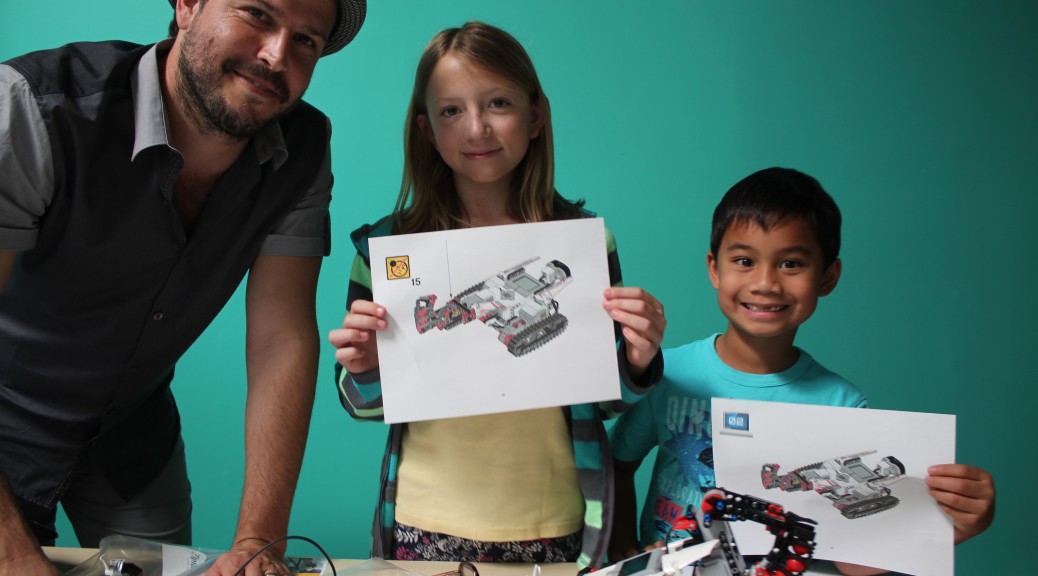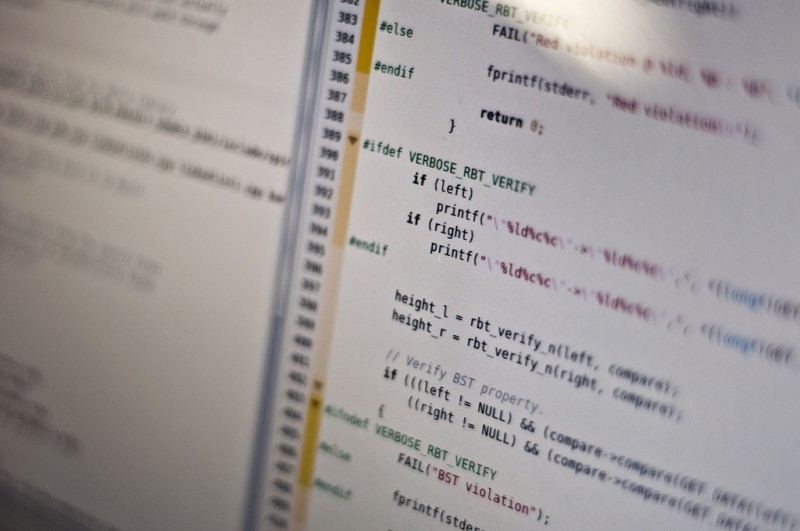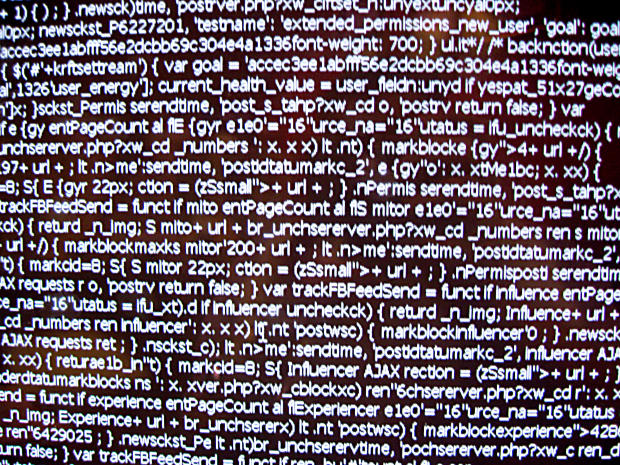There’s no shortage of kids interested in attending STEM camps. We see it year after year at CodeREV kids, but other areas of the country are seeing the same results. The Newark Advocate recently published an article titled Nearly 170 kids attend Newark school’s first STEM camp that tells the story of one camp’s incredible success.
Maria DeVito writes, “Jesse Freeman and Jacob Brechbill spent an hour coloring together last week. But they weren’t drawing just any picture. The two programmed a small robot to follow a path they had drawn with markers. The robot registers colors and will perform actions such as stopping, speeding up or turning around when it goes over certain hues.
“I had no clue this was even a thing,” said Jesse, an 11-year-old who will be entering sixth grade. “I’m not a big fan of coloring, but this is awesome.” Jesse and Jacob, a 10-year-old who will be a fifth-grader, both had limited experience with robots, but programming was new to them. “I don’t think I’d ever be able to have an experience like that ever,” Jesse said. “This is the first time that I’ve been able to play around with robotics, play around with color coding, and I think it’s just amazing.”
Jesse and Jacob were two of nearly 170 fourth- through ninth-grade students who participated in Newark’s first STEM camp last week, which focused on science, technology, engineering and math. The five-day camp’s theme was amusement parks; students designed carnival games and rides, learned coding, and worked with 3-D printers and circuits.
Rebecca Holloway, a seventh-grade science and pre-engineering teacher at Liberty Middle School, said it was amazing to watch the students throughout the week. “I love how they just take the challenge and they go,” she said. She has always taught middle school kids and was nervous to work with the fourth- through sixth-grade students, but her fears were unwarranted.
“I’ve been amazed at how they’re able to really plan things out. They’re taking the challenge. They’re going along with it,” she said of the younger students. “It excites me about what’s going to come up my way.” Maura Horgan, Newark’s director of curriculum and staff development, said the district provides camps for boys and girls basketball, volleyball, soccer and other sports and wanted to offer a STEM camp as well. The camp was free to students, who also were provided a free lunch and transportation if needed. Because of the camp’s success in its first year, Horgan said the district will do it next year as well. Teaches have already started brainstorming about what they can do to improve the camp.”
Our experience at CodeREV has been incredibly similar. The kids who come to our summer camps, after-school classes, or any of our other offerings, are excited about science – some for the first time. Is your kid ready to join us?









